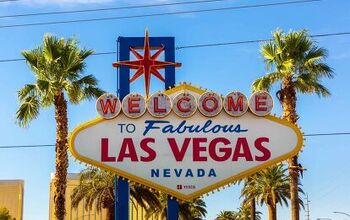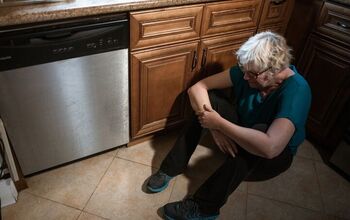How Much Does It Cost To Build A House In Idaho?

Idaho runs neck and neck with Texas as the current most popular state for relocation. Low population densities, low costs of living, beautiful landscapes, and many other positives make Idaho a haven for many people. In addition, the cost of building a home in Idaho is a favorable factor.
Idaho enjoys one of the lowest costs of living in the US. These low costs cross over into the housing market. In general, you can expect to pay between $89.70 – $133.19 per square foot for your basic building costs. Depending on your tastes and your budget, you can construct a dream home in a beautiful location.
Beyond the very basic costs of building a new home are the additions and amenities you want to include. Understanding the basic costs and the cost of upgrades and extras for your new home helps you plan and manage your construction budget.
Do You Need to Hire an Architect or a Builder?
Get free, zero-commitment quotes from pro contractors near you.

Location and Land Costs
Before any other part of your new home project can commence, you must have property on which to build. Idaho offers a wide range of property sizes, types, and geologies from which to choose. You may opt for mountain vistas or the openness of the plains. Either is available in Idaho.
Location is always a concern when dealing with real estate. You may be constrained by career and work requirements that keep you close to one of the major metropolitan areas. Your dream may be a mountain hideaway nestled among a great forest. Idaho offers both if you understand where to look and what you may expect to pay.
| Upper Range of Land Cost | Lower Range of Land Cost | |
| Raw Land | $383,000 per acre | $1,000 per acre |
| Suburban Development | $349,500 per lot | $15,000 per lot |
Land costs are a considerable part of any new home building project. Finding the right property at the right cost is a key factor in a successful home-building project.
Buying Raw Land
Buying land in Idaho brings with it the challenge of preparing a building site in some challenging locations. Mountainous terrain and vast distances are two of the most foreboding. Budgeting for site preparation in Idaho deserves careful consideration and planning.
- Access and Site Preparation –Site preparation costs in Idaho vary greatly depending on the geology and geography of your building site. Typically, a relatively flat building lot without other issues will cost between $1,212.00 – $2,474.50 to prepare.
- Electricity – Extending power to a rural building site is dependent in part on the electrical provider. However, on average, the cost of extending overhead power lines to a building site runs between $50 and $400 per foot.
- Water and Sewer –A typical septic system for a three-bedroom residential structure in Idaho ranges between $4,675 and $5,538, while residential, domestic water well can cost between $3,750 – $15,300.
Suburban Developments – The Typical Residential Building Location
Idaho is a vast state with large swathes of undeveloped virgin land. However, Idaho also boasts metropolitan areas with all the cultural and social amenities you could want. Jobs and careers may make a suburban or urban home project more feasible for you.
Finding a builder or developer is the best option, in our opinion. Having a professional builder in your corner takes much of the stress of building a new home away and leaves you free to enjoy the experience.
Coming Up Out of the Ground – Task Costs on a Residential Build
Even if you contract with a builder or developer for your project, it is important to stay active and in contact during the project’s progress. Keeping tabs on building costs with your builder should not be a problem. To understand how the costs of each part of your project impact your budget, you can use these for comparison.
| Job or Task | Percentage of Overall Project Cost | Idaho Average Low Costs | Idaho Average High Costs |
| Dirt Work and Site Work Preparation | 3 to 8 percent | $5,382.00 | $21,310.40 |
| Foundation and Concrete | 10 to 15 percent | $17,940.00 | $39,957.00 |
| Framing | 10 to 20 percent | $17,940.00 | $53,276.00 |
| Dry in (Exterior, windows, doors, and Roof) | 15 to 20 percent | $26,910.00 | $53,276.00 |
| Mechanical Systems (plumbing, sewer, HVAC, Electrical) | 10 to 15 percent | $17,940.00 | $39,957.00 |
| Interior Finish (drywall, paint, flooring, trim) | 25 to 35 percent | $44,850.00 | $93,233.00 |
These figures are for base building costs only. Any additions, substitutions, or upgrades to your new home project will impact the overall cost. There are many decisions to make when planning your project, and you should carefully consider your budget in these decisions.
How Big and How Much
Are you a young family on the grow and on the go? Are you empty-nesters looking for that special retirement home of your dreams? The future has a place in your planning for your new home. How big your home should involve looking into the future and making some informed decisions.
We always suggest building or buying as much home as your budget will support. Real estate is one of the best long-term investments you can make. Very rarely will buying as much home as you can afford fail to pay off in the future.
| Total Square Footage of Home | Lower Range of Cost | Upper Range of Cost |
| 800 | $71,760.00 | $106,552.00 |
| 900 | $80,730.00 | $119,871.00 |
| 1,000 | $89,700.00 | $133,190.00 |
| 1,200 | $107,640.00 | $159,828.00 |
| 1,500 | $134,550.00 | $199,785.00 |
| 1,600 | $143,520.00 | $213,104.00 |
| 1,800 | $161,460.00 | $239,742.00 |
| 2,000 | $179,400.00 | $266,380.00 |
| 2,500 | $224,250.00 | $332,975.00 |
| 2,700 | $242,190.00 | $359,613.00 |
| 3,000 | $269,100.00 | $399,570.00 |
| 4,000 | $358,800.00 | $532,760.00 |
| 5,000 | $448,500.00 | $665,950.00 |
These are costs represent the average costs and variations depending on location, style, and construction materials. Each builder can give you a better estimate of basic building costs in your area.
Adding Bedrooms – What Does it Cost to Add Sleeping Space?
Building in a suburban location with an established builder or developer offers many advantages. Most builders and developers have a portfolio of standard plans that they routinely build. The better builders and developers will allow you to modify or adapt the plan to your own needs and expectations.
Adding extra bedrooms is one of the most requested changes that builders experience. In general, adding additional bedrooms to a basic 2,000 square foot plan will cost in these ranges.
| Number of Bedrooms | Lower Range of Costs | Upper Range of Costs |
| One | $116,328.34 | $172,728.78 |
| Two | $146,840.69 | $218,034.69 |
| Three | $177,353.05 | $263,340.60 |
| Four | $207,865.40 | $308,646.51 |
| Five | $238,377.75 | $353,952.43 |
You can, of course, make other changes and additions to your home plan in most cases. These changes vary in cost per square foot, and your builder is the best source of information on how these changes will affect your building budget.
Personnel Costs of Building a Home in Idaho
If you think of how many different skills and trades it takes to build a home, it should be no surprise that labor costs make up a significant portion of your budget. When you start planning your project, you can get a rough idea of the labor and professional costs using the information below
Architect or Engineer
Building in most areas in Idaho will require a set of plans drawn by a certified architect or engineer before permits will be issued. In general, architects and engineers in Idaho work on a percentage fee basis. You can expect to pay up to 10% of the total estimated cost of your new home as an engineering fee. These fees can range between $17,940.00 and $26,638.00 per project.
Builder or Construction Manager
Even if you are building in a rural area, we suggest finding a general contractor or custom home builder to take on your project. Having a professional builder on your project can relieve many headaches of managing a home construction project and forestall many problems. In general, the costs and fees associated with hiring a builder or manager will add between $ $10,764.00 and $15,982.80 to your project.
Cost Estimate for Professional Tasks
Every residential building project involves dozens of subcontractors who perform the specialized tasks involved in your home construction. Your builder probably already has a cadre of subcontractors who will perform these jobs. However, an awareness of what each of these jobs is costing helps with the budgeting process.
- Electrician rates – Union electricians typically charge between $61.34 – $74.55 per hour in Idaho.
- Roofing contractor – In general, the preferred roofing material in Idaho is a quality composition shingle. You can expect to pay between $150.99 – $245.35 per one hundred square feet of roof surface to install a new roof.
- Framers – Framers typically charge by the square foot. However, this can differ based on the complexity of the framing and the number of stories in the plan. You can expect basic framing costs for a single-story residential structure to run between $21.90 and $25.5$19.39 – $22.648 per square foot. This cost does not include the framing materials
- Drywall, Trim, and Finish – Finishing the interior of your home is a big job and requires several different skills. Lumping finish costs together shows a net cost between $4 and $15 per square foot.
- Plumbers and HVAC – Part of finishing your home’s interior is installing plumbing fixtures, kitchen fixtures, and the HVAC system. Overall, you can expect to pay $64.91 – $71.46 per hour.
- Administrative and permits – Your local government will expect their fees as well. These local fees and permit costs can add between $250 to $1,000 to your project in Idaho.
Upgrade Costs – Adding Amenities to Your New Home
Building a new home is often a fresh start for many families. Everyone brings their wants, thoughts, and dreams to the table during the planning process. Working all these desires into a budget is difficult. The costs associated with these upgrades can help you in the planning and budgeting process.
Framing
Wood has been the traditional method of framing homes in the United States. Wood has many advantages. It is renewable and easily obtainable. Wood construction is well known and understood. However, new materials are fast gaining recognition and acceptance in the residential building trades. Metal framing is perhaps the best known.
The downside of using metal framing materials is the cost. Typically, metal framing costs about $1.35 per square foot more than traditional wood framing. There may be additional costs for framing with metal, but many contractors claim metal framing is faster than wood.
Concrete
Most homes in Idaho sit on a concrete slab foundation. Basements are popular additions to concrete foundation installations. In addition, sidewalks, patios, and driveways add additional concrete work to the project. Concrete work in Colorado typically runs $5.46 – $6.07 per square foot.
Adding a basement to your new home project can add between $37.33 – $48.93 to the cost of the foundation. This cost does not include finishing or the addition of a bathroom or other amenities.
Drywall and Trim Work
Builders tend to offer the most basic of trim and finishes in their bids. Once you start specifying upgraded trim, fixtures, and finishes, costs start to rise. You want to make your home your own, but maintaining a reasonable budget is important as well.
Adding appeal and livability to your home is often a function of your decisions about the finishes. In general, you may see additional costs from $12.50 to $135 per square foot for some of these services and products.
Upgraded Kitchens and Appliances
For many families, the kitchen and its environs are the heart of the home. Many families center most of their family activities around the kitchen. Upgrading the kitchen is probably the most requested set of changes that builders receive.
If you specify your appliance and finishes, such as countertops, cabinets, and flooring for your kitchen, you can expect additional costs. Nationally, these types of additions can cost between $25 and $125 per square foot.
Adding Visual Appeal – Exterior Upgrades
Upgraded exterior finishes, higher grade windows and doors, and specialized roofing material can bring several benefits to your new home.
- Often upgraded exterior finish products enjoy greater longevity than traditional finish materials. These products reduce maintenance time and costs over the life of your home.
- Exterior finish options can positively affect your home, making your home more energy-efficient. Better insulation is often one of the best investments you can make during the construction of your home.
- Zoning restrictions and association rules can dictate, to some extent, your roofing decisions. However, many newer roofing options can lower your insurance premiums. Many of these new products are more fire-resistant, weather-resistant and have a longer life expectancy than older materials.
- Consider choosing from the many new windows and door products to add elegance and solidity to your new home. Most of these upgraded windows and doors bring better energy efficiency to your home as well. Anything that adds a green component to your home will be money well spent, although you may not see the apparent benefits for some years.
The additional costs of the exterior upgrades are recouped over the life of your home in reduced utility bills and fewer ongoing maintenance costs.
Do You Need to Hire an Architect or a Builder?
Get free, zero-commitment quotes from pro contractors near you.

Building Your New Home in Idaho
Wild and wide-open spaces or metropolitan sophistication are both available to you in Idaho. If you are tied by career and job to a cityscape, you are never more than a few hours’ drive from an outdoor experience.
The low cost of living adds to the attractiveness of Idaho as a new home for your family. Building a new home in Idaho can be cost-effective and the start of a new lifestyle and experience.
Related Guide

Dennis is a retired firefighter with an extensive background in construction, home improvement, and remodeling. He worked in the trades part-time while serving as an active firefighter. On his retirement, he started a remodeling and home repair business, which he ran for several years.
More by Dennis Howard



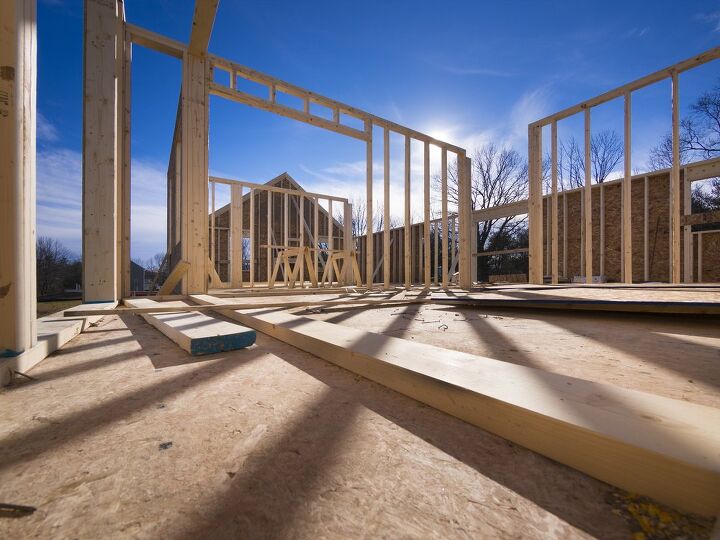






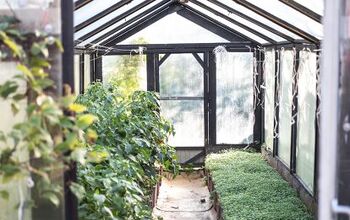
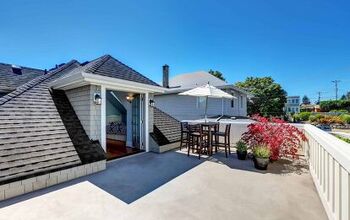
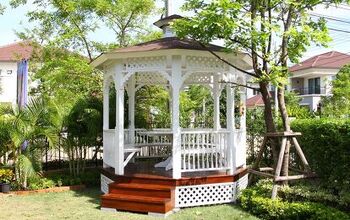
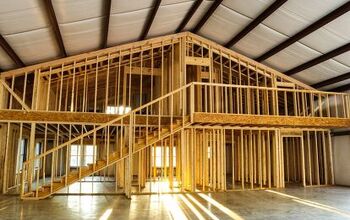
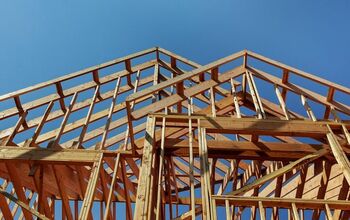
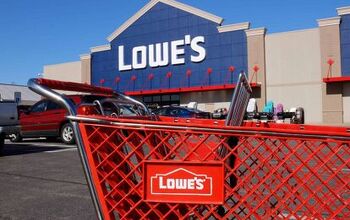
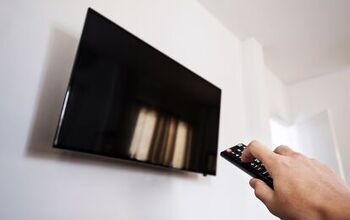
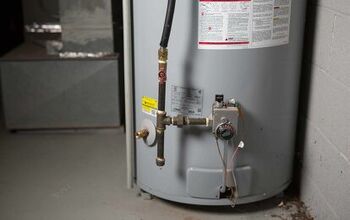

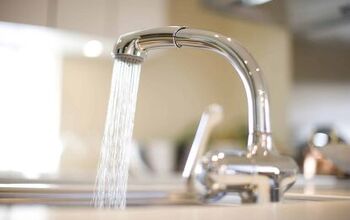
![Cost To Drill A Well [Pricing Per Foot & Cost By State]](https://cdn-fastly.upgradedhome.com/media/2023/07/31/9074980/cost-to-drill-a-well-pricing-per-foot-cost-by-state.jpg?size=350x220)
